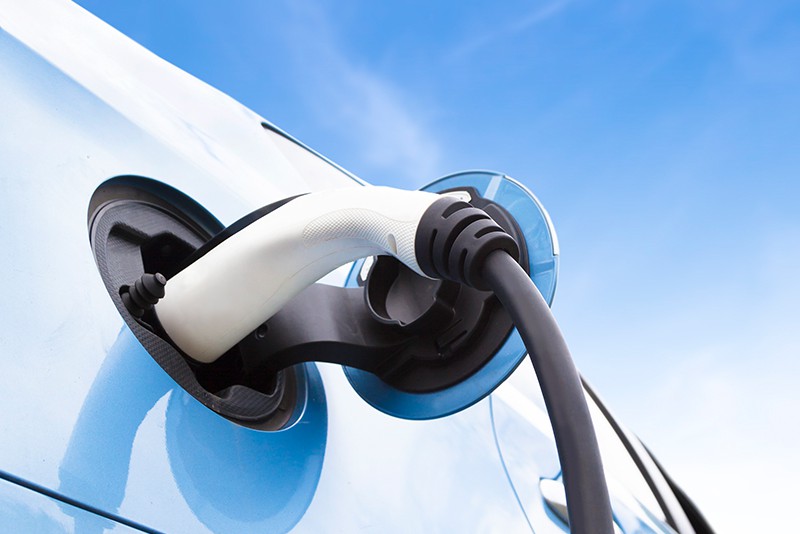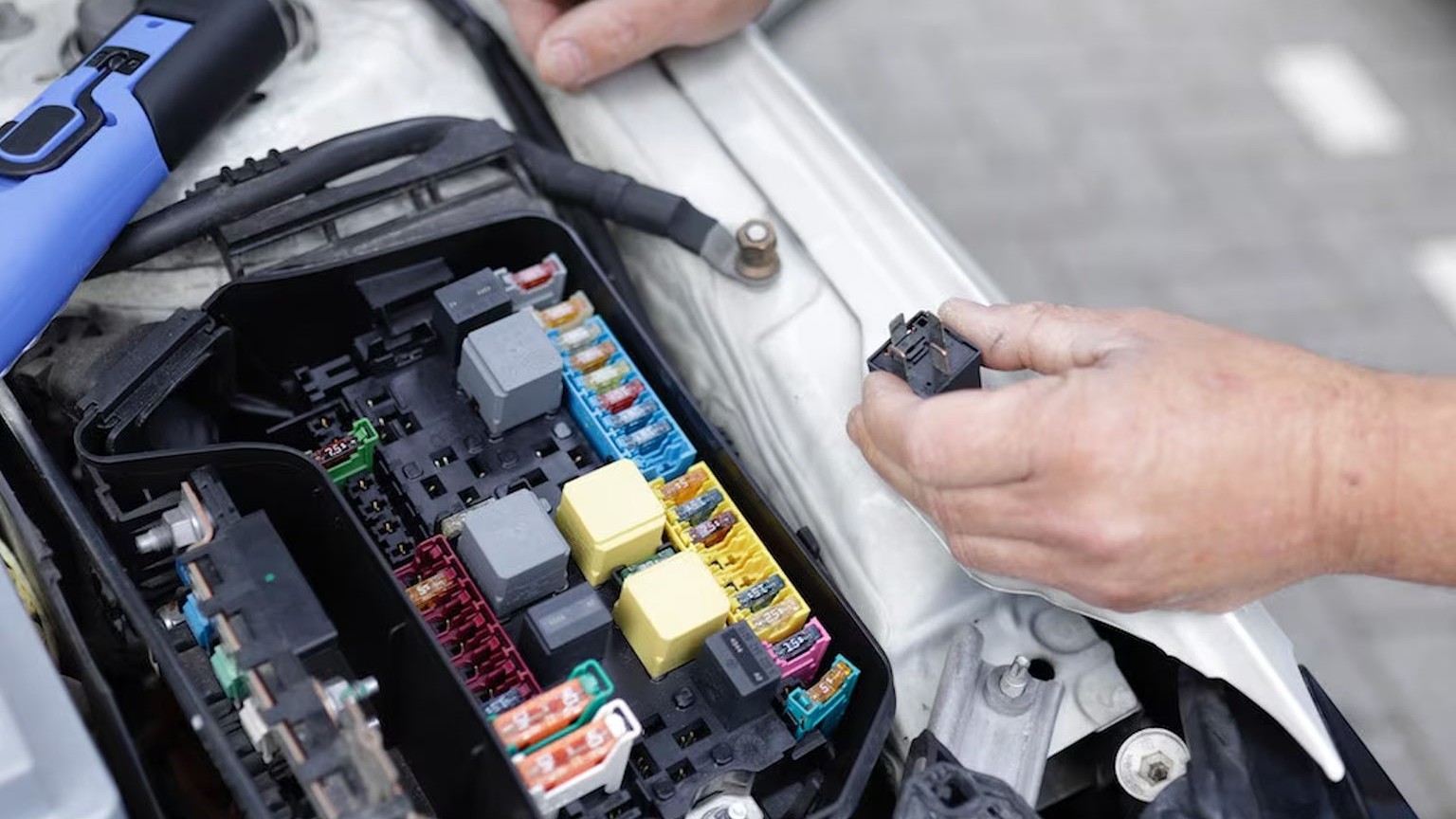
Why Now is the Perfect Time to Switch to Electric.

PEARL EV
Effortless electric car import to Uganda
Whatsapp +256-706-642-849
Whatsapp info@pearlev.com

The automotive world is rapidly evolving, with the shift towards electric vehicles (EVs) becoming more evident every day. As electric cars and hybrid models gain traction globally, Uganda too is witnessing a budding interest in sustainable and eco-friendly mobility. The transition from traditional internal combustion engine (ICE) vehicles to electric cars is inevitable, and this shift brings significant implications for the country's mechanics. To stay relevant and thrive in this new era of transportation, Ugandan mechanics must start adapting to the latest EV repair skills.
The Growing Popularity of Electric Vehicles in Uganda
Although the market share of electric vehicles in Uganda is still small, it is steadily increasing. With global automakers and local players like Kiira Motors introducing electric models, more Ugandans are starting to consider EVs as viable alternatives to traditional internal combustion engine (ICE) vehicles.
As more electric vehicles hit the roads, the need for skilled mechanics who can repair and maintain these vehicles will grow. Traditional car maintenance shops that only focus on internal combustion engines will find it challenging to cater to the evolving needs of vehicle owners. By acquiring EV repair skills now, Ugandan mechanics can position themselves as pioneers in a growing market and stay relevant in a changing industry.
Here are Key Electric Vehicle Components Mechanics Should Know:
To effectively repair electric vehicles, mechanics need to familiarize themselves with various key components that differ from traditional cars. These include:
Understanding these components and how they work together is crucial for diagnosing and repairing electric vehicles. Knowledge in areas such as battery cooling systems, power electronics converters, and high-voltage interlock loop systems will be essential for Ugandan mechanics to master.
Adapting to Evolving Skill Sets
The skill set required for repairing electric vehicles differs significantly from traditional car maintenance. Gone are the days when a mechanic's primary tools were a wrench and socket set. EVs incorporate intricate electrical systems, software, and high-voltage components that demand new expertise. Here are some of the key areas where mechanics need to upskill:
Here’s why every mechanic in Uganda should get trained in electric vehicle repair now.
1. Embrace a New Era of Automotive Technology
The shift from petrol and diesel-powered vehicles to electric ones represents a significant technological leap. Unlike traditional cars, EVs are equipped with complex electrical systems, high-voltage components, and advanced software that require a completely different skill set to service and repair. As electric vehicles become more common, the role of the mechanic will evolve, demanding more knowledge of electrical systems and less focus on purely mechanical repairs.
Mechanics who invest in learning EV-specific skills now will be at the forefront of the industry as it continues to transform. By gaining expertise in diagnosing and repairing high-voltage batteries, electric motors, regenerative braking systems, and power electronics, they can ensure job security and set themselves apart in a competitive market.
2. Job Security in a Changing Industry
The global automotive industry is shifting towards electric mobility, with many countries setting ambitious goals to phase out petrol and diesel vehicles in favor of electric alternatives. This trend is not just limited to passenger vehicles; commercial fleets, public transportation, and even heavy-duty trucks are transitioning to electric power. In Uganda, local initiatives like Kiira Motors' electric buses signal a growing adoption of EV technology.
Mechanics who do not adapt to this shift risk becoming obsolete as the demand for traditional ICE vehicle repair services decreases. The future belongs to those who can work on electric vehicles, and acquiring these skills now will help mechanics stay relevant and secure their careers in an industry undergoing a technological revolution.
3. High Demand for Skilled Electric Vehicle Technicians
As the number of electric vehicles increases, the demand for skilled EV technicians is also growing. Many countries are experiencing a shortage of qualified EV mechanics, and Uganda is no exception. There is currently a lack of local expertise in the repair and maintenance of electric vehicles, which creates a unique opportunity for Ugandan mechanics to fill this skills gap.
Mechanics who specialize in EV repair can command higher wages and enjoy better job prospects, as their skills will be highly sought after by private car owners, commercial fleet operators, and public transit companies. Getting trained in electric vehicle maintenance will give them a competitive advantage in the job market, positioning them as pioneers in a fast-growing sector.
4. Supporting Uganda's Green Economy Goals
The Ugandan government is committed to sustainable development, with a focus on reducing carbon emissions and promoting clean energy. The transition to electric vehicles is a vital part of this strategy, aimed at cutting down on pollution and decreasing reliance on fossil fuels. Mechanics have a role to play in supporting this green transition by ensuring that electric vehicles are well-maintained and function efficiently.
By embracing EV repair skills, mechanics can help Uganda move towards a cleaner and greener future. This not only supports environmental goals but also stimulates job creation and economic growth within the local automotive industry.
5. Prepare for the Future of Automotive Technology
The transition to electric vehicles is just the beginning of a broader shift towards smarter, more connected, and possibly autonomous vehicles. As technology continues to advance, mechanics who understand EV systems will be better equipped to adapt to future innovations, such as self-driving technology and smart vehicle diagnostics.
Staying up to date with the latest advancements through continuous learning will be vital. Workshops, certifications, and specialized courses can help mechanics keep their skills current and position themselves as leaders in the automotive field.
6. Entrepreneurship Opportunities in the EV Market
For enterprising mechanics, learning to repair electric vehicles can open doors to new business ventures. With the demand for EV-specific services like battery diagnostics, software updates, and charging infrastructure maintenance set to rise, skilled mechanics can establish specialized repair shops or service centers catering exclusively to electric vehicles.
Additionally, there are opportunities for mechanics to get involved in importing EV parts, refurbishing used electric vehicles, or even partnering with automotive companies for local assembly. The possibilities are vast, and the early movers will reap the most rewards.
Conclusion
The rise of electric vehicles is a global phenomenon, and Uganda is no exception. As the country gears up for a more sustainable future, the automotive repair industry must adapt to the changing landscape. Learning to repair electric vehicles is not just about job security; it’s about future-proofing a career in a field undergoing rapid transformation.
Mechanics who invest in EV training now will not only secure their place in the industry but will also play a crucial role in supporting Uganda's journey towards green mobility. By mastering the latest technology and embracing change, Ugandan mechanics can help shape a cleaner, more prosperous future for all.